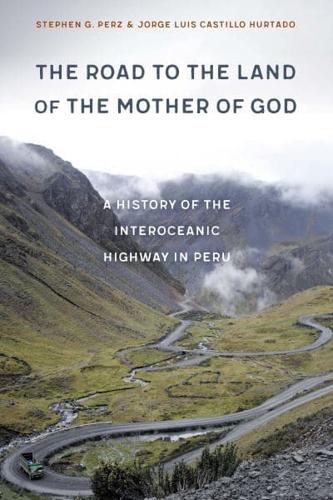Publisher's Synopsis
The Interoceanic Highway is many things to many people: an emblematic project during a period focused on integration, a dream realized for an isolated region, a symbol of the profound fragility of state institutions, a key cause of political corruption, and a major driver of ecological and cultural devastation. This highway links the Andean highlands with the Amazonian lowlands in southern Peru, offering an outlet for Brazil's emergent economy. While it finally brought an end to the isolation of Madre de Dios and other parts of southern Peru and the western Amazon, it was made possible by political corruption revealed in the Lava Jato scandal, and it permitted the spread of criminal business activities. But the Interoceanic Highway's deeper history must be appreciated in order to fully understand why it was built and the impacts it has generated.
The Road to the Land of the Mother of God explores more than five hundred years of the history of Peru's Interoceanic Highway, showing how the purposes, portrayals, and importance of roads change fundamentally over time, and thus how roads bring significantly more impacts and costs than their advocates and critics generally anticipate. By taking a deeper look at infrastructure history, Stephen G. Perz and Jorge Luis Castillo Hurtado portray infrastructure as an integrative optic for understanding changes in local livelihoods, regional development, and social conflicts.








